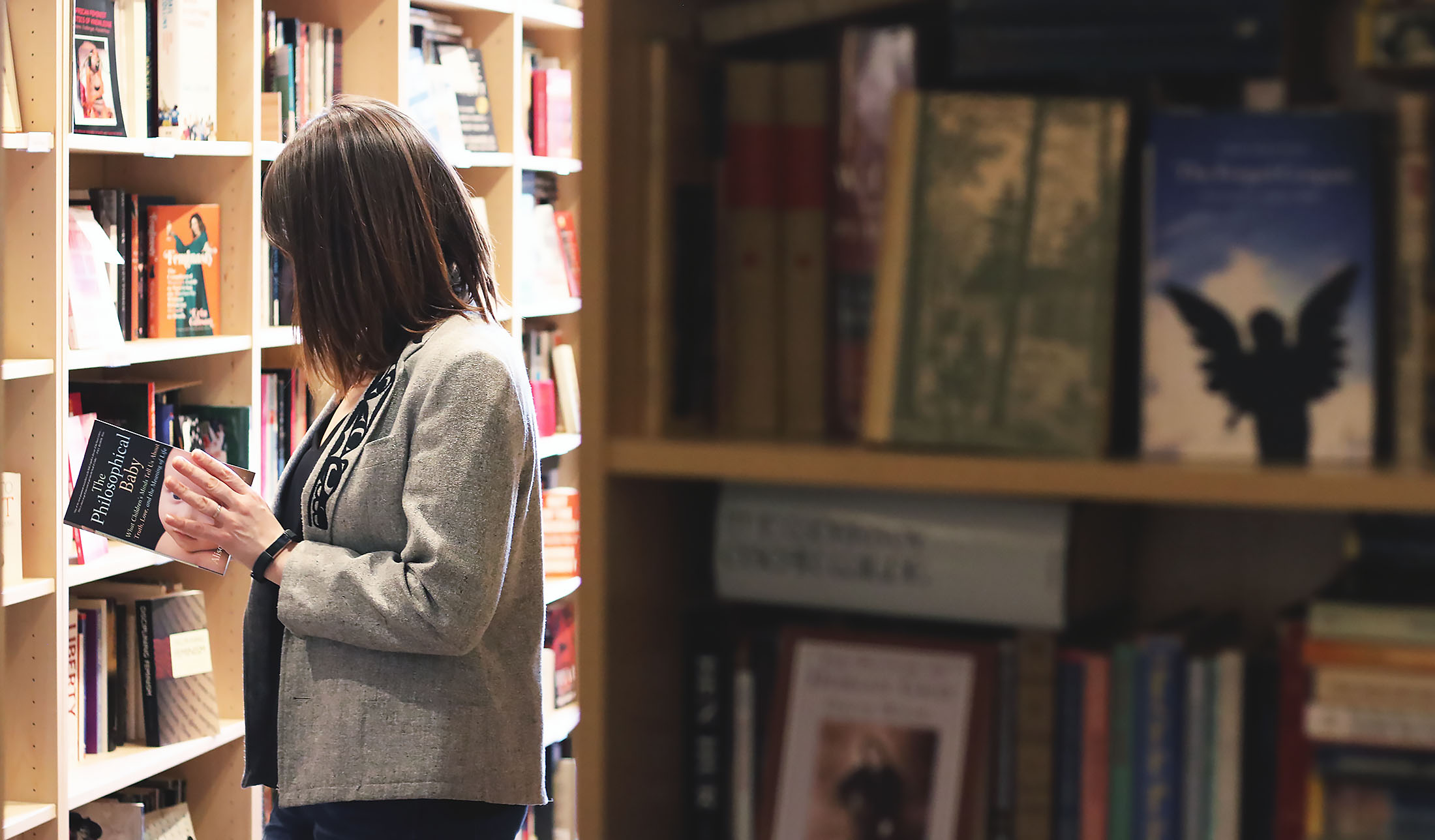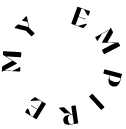
MASSY BOOKS
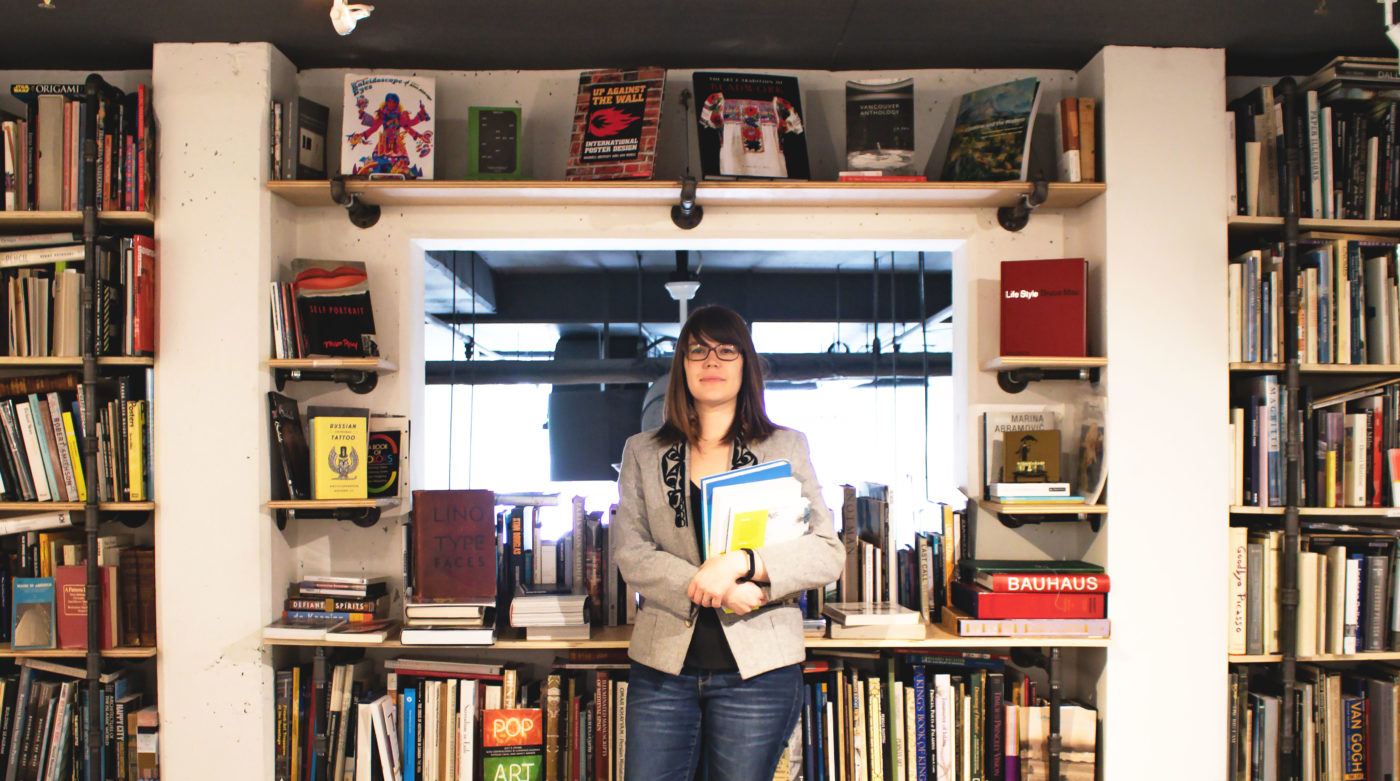
Massy Books is 100% Indigenous owned and operated and a member of the Sto:lo Business Association. Patricia is Cree & English, and a member of the As’in’i’wa’chi Ni’yaw Nation.
Name: Patricia Massy
Employees: 3
Since: Circa 2015
When did you start having visions of starting your own business?
I don’t recall the year, but I didn’t expect we’d have the shop we have now at the outset. The business evolved into what it is today through many ideas, hard work, and careful decisions. I started selling books online while attending university, all I needed was a computer and a good filing system. When my collection of books grew beyond the confines of my basement walls and into the rest of our house, I decided to move into a warehouse. I quickly realized, however, that working alone in a large cold space was unfulfilling, so I went to sell books at the Eastside Flea Market. From there I opened a sort of pop-up shop on Main and 5th, and then the permanent location we now have on East Georgia.
What were your biggest motivations in starting your company?
I wanted to be surrounded by books and stories, and I wanted to work for myself!
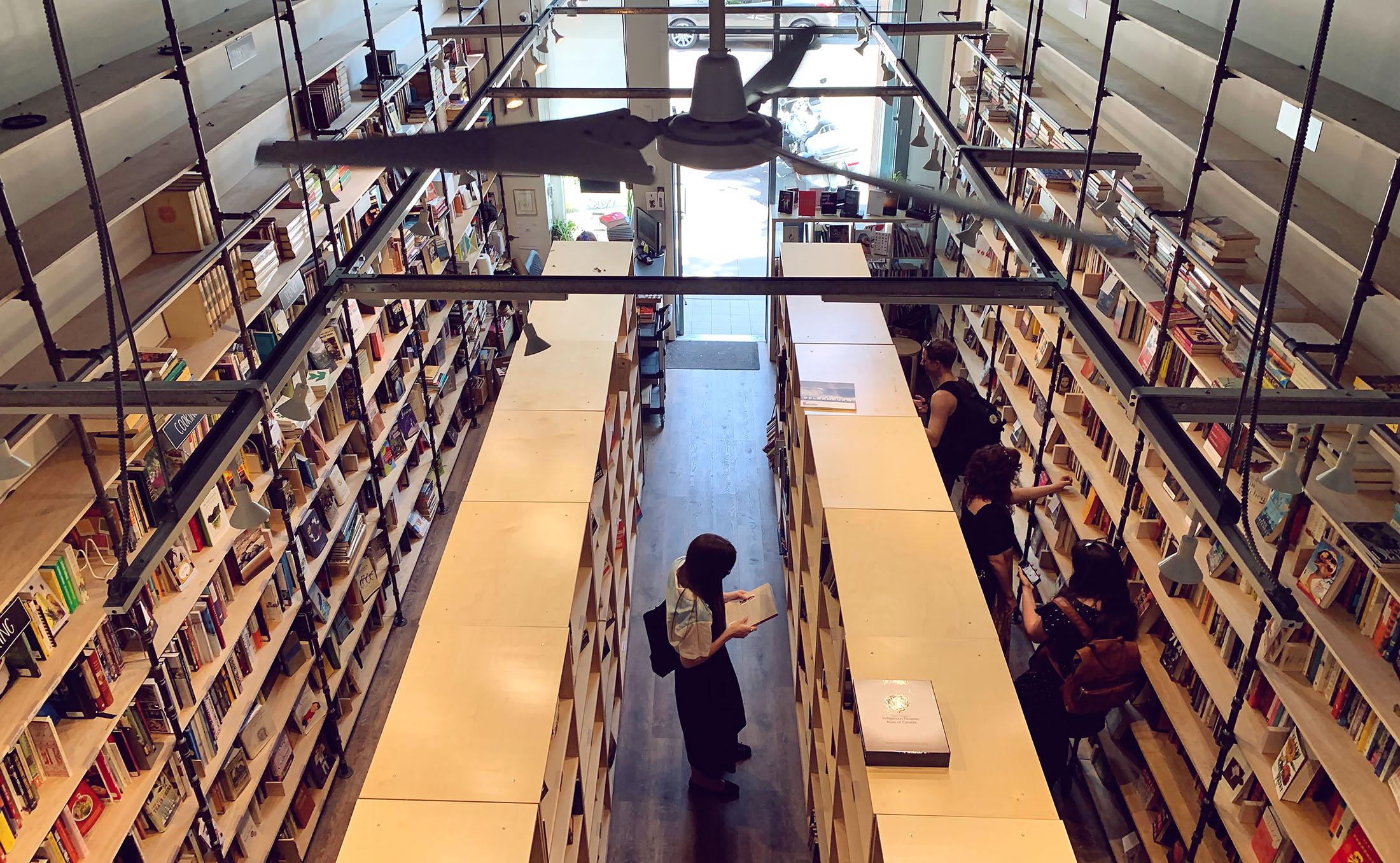
How did you know you had the right idea and wanted do start?
I don’t know if I’ve ever arrived at the point to say I have the ‘right’ idea. I still don’t know. We’ll see how long I last! Right now, as long as my bills are paid, my staff and customers are happy, I’m able to give back to the community and create an environment of inclusivity, and I’m learning something new every day, then I feel like what I’m doing is working.
What are your most valuable skills and how do you apply them to your business?
My most valuable skills come from previous employment. From working off and on at various bookstores, to managing payroll and benefits for hundreds of people, my on-the-job training has given me all the logistical tools I need to run a bookstore and manage staff. I also think being opened-minded, curious, and generous has allowed the store to evolve in ways that it might not have, had I not been willing to listen to others’ ideas and suggestions.
How did you fund the first steps or what creative strategies did you use to execute on minimal cash flow?
Selling online didn’t require much. All I needed were books (picked up at garage sales and thrift stores), a computer, and $100/month in membership fees. I was very privileged to have purchased a condo in Chilliwack over a decade ago, and I used the equity from that to fund the first pop-up shop on Main and 5th. When I moved into the store I’m at now, the major start-up expenses (database management software, inventory, and labour) were already paid for, and so it was only minor renovation costs that needed covering. My husband was generous enough to loan me the money for those. That said, I did as much labour as I could, which included installing the flooring, putting together bookshelves, and painting. Being raised (mostly) by a single father and not being well off, I learned to work hard and be thrifty. I try to minimize costs when and wherever possible.
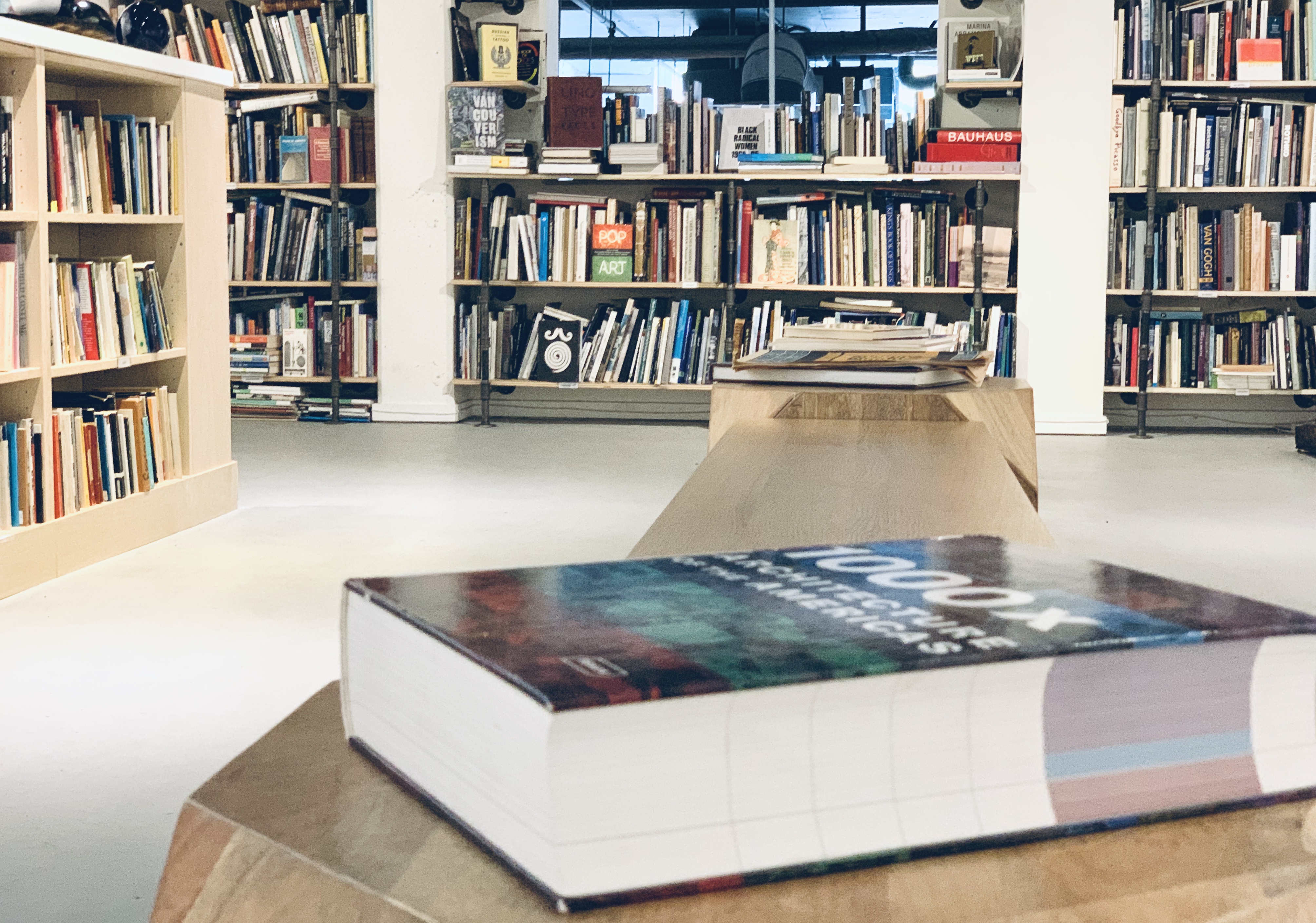
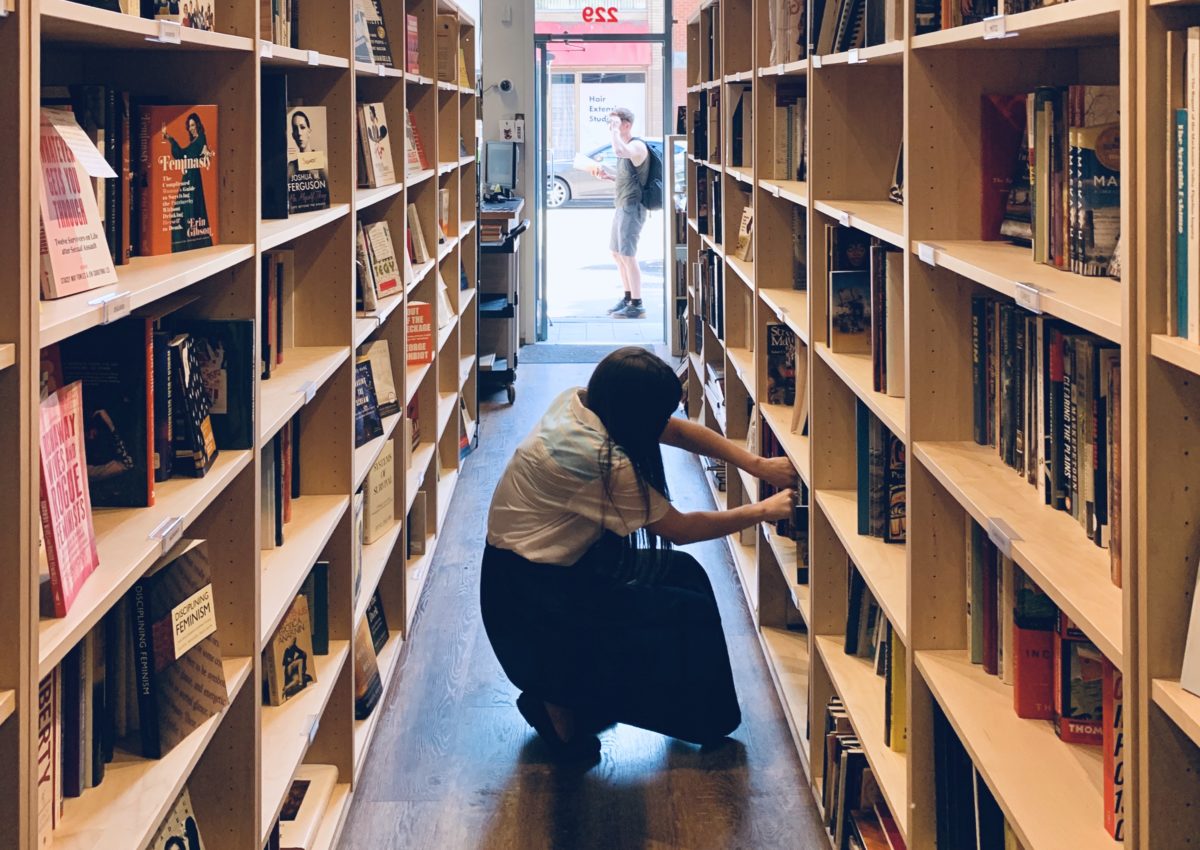
How did you develop key partnerships?
I don’t have any key partnerships, but I have relationships with people and organizations that I value deeply for the important work they are doing in the community. We work to raise funds for three specific charities in Vancouver: Battered Women’s Support Services (BWSS), The Writer’s Exchange (WE), and Respecting Aboriginal Values and Environmental Needs (RAVEN). We’ve worked with Talking Stick Festival, Write to Read, Megaphone Magazine, the Queer Arts Festival, the Language & Literacy Researchers of Canada, the Surrey Teacher’s Association Indigenous Education Committee, and a host of other wonderful organizations/societies/festivals. One our key relationships is with Room Magazine. We’ve partnered with them on the Indigenous Brilliance Reading Series – a quarterly reading series featuring Indigenous Women & 2SQ poets, writers, singers, visual artists, academics, beadworkers, medicine makers, and more (https://roommagazine.com/indigenous-brilliance).
How did you handle adversity and doubt from yourself and others?
I ignore doubt from other people. I am my own worst critic and put high expectations on myself, so that’s enough of a mountain to climb. When I first started on this book journey, I asked an old employer if they could give me advice about operating a business. Sadly, for whatever reason, they insinuated I was weird for wanting to open a bookstore and weren’t able to do me any favors. At that time, I respected this person tremendously, and so it was a bit of a bummer to hear them tell me that, but I knew my intentions were authentic and coming from a good place, so I put it behind me. Overall, when I have doubt, I question its validity, see if it’s something I can improve on, and then voice it to my husband or friends for feedback.
What drives you to keep going when it’s really tough?
I’ve faced many personal struggles in my life, so when the going gets tough I think about the things I’ve been able to overcome. Most times I’m reminded I have the strength of mind and fortitude to prevail. Sometimes it’s a sign of burnout, so I take time for myself to recharge. Also, my husband. He is my biggest supporter; he encourages me when I want to give up, gives me space when it’s needed, makes me laugh, and lifts heavy boxes when I’m too tired. He really is super-human
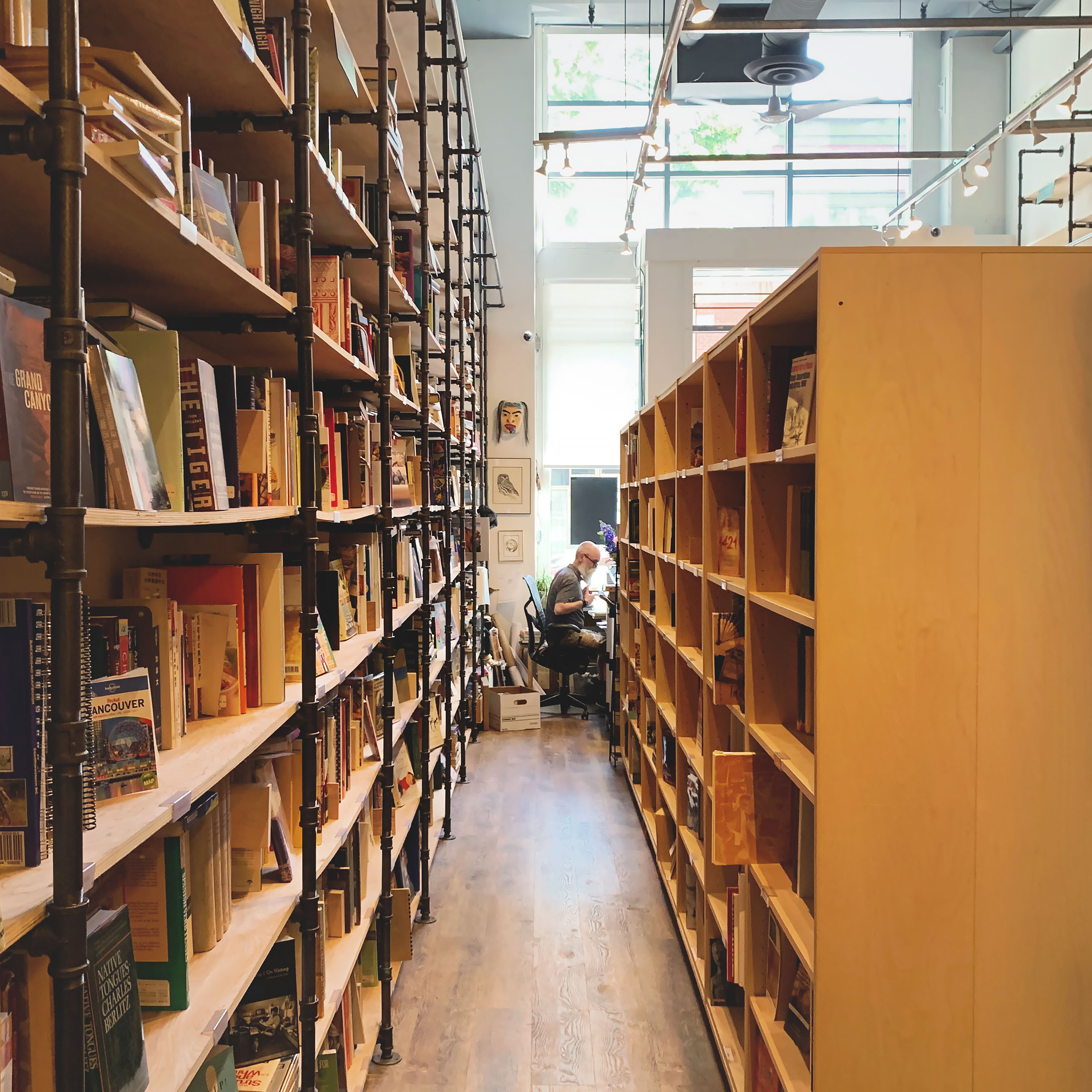
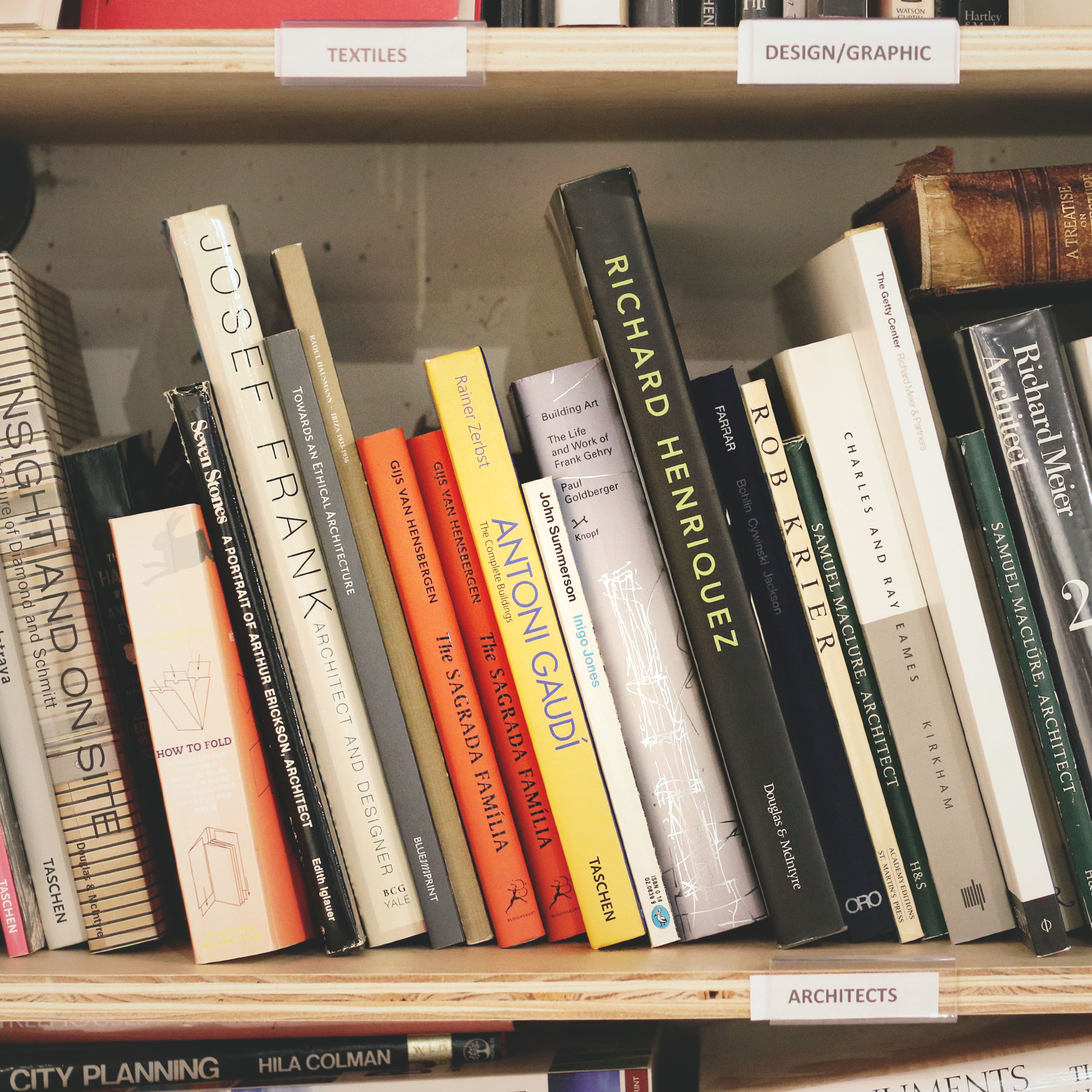
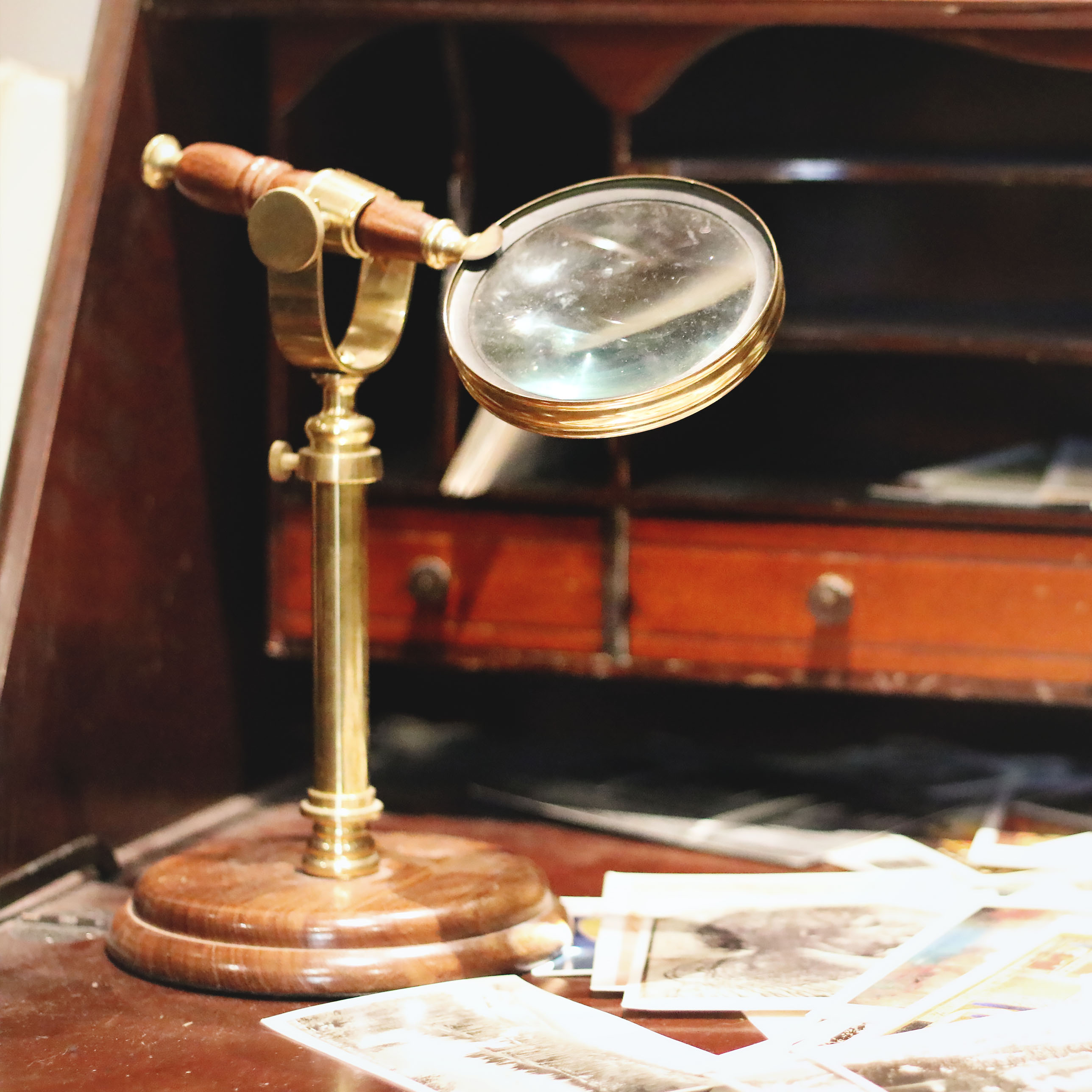
What keeps you up at night and how do you tackle this?
My to-do list. I write things down in numerical order of importance, and work on it accordingly. Drinking coffee too late in the day keeps me awake as well, but I’ve cut my consumption down to one cup/day, which seems to be helping. Also, I’ve stopped looking at any screen two hours before going to bed!
What did you do before this?
A little of everything! I’ve toured with the carnival, landscaped, had a short gig at a bowling alley, and traveled across Canada in a semi-truck moving people’s homes. I also worked as a research assistant, a federal government employee, support worker, and payroll and benefits administrator. Right before operating Massy Books, I was a communications coordinator at an Indigenous organization that granted professional certification to Indigenous practitioners working in addictions, mental wellness, community, and family support.
Who created the Massy Books brand identity? What was the process and did you have a lot of input into it?
I’m not sure how to answer this question. I don’t know if I’ve ever given serious thought on how to “brand” the bookstore, besides our logo. I think I’ve spent more time thinking about how to use the store as a platform to carry out the things I value — building and supporting the community; promoting work by Indigenous authors and those with underrepresented voices; creating space — while trying to stay afloat in an industry that doesn’t always guarantee a living wage. 10 years ago, before I even thought of selling books, I wrote a business proposal to build a social enterprise – a for-profit business that worked to support a non-profit in hopes of making a social impact, rather than a financial one. At that time my ideas were too ambitious and nothing came of it, but the unconventional structure, and the idea that a for-profit business could make its primary purpose social change, stuck with me, and has been foundational in how I operate my business.
In terms of our actual logo, it pays homage to my grandmother (also named Patricia) on my father’s side, who has an affinity for owls and books. Her (and my late grandfather’s) love of reading got passed down to her children and her grandchildren, which includes myself. At 96 years old, you can still find my grandmother devouring books, and never passing up an opportunity to get into a good political discussion. Also, I’m very much like an owl – nocturnal and a little bit of a recluse. I asked Natalia Wein, of Wein and Co., to design an owl that resembled an etching or wood engraving, and I fell in love with her design! The typeface is known as Gotham, which she let me know “inherits an honest tone that’s assertive but never imposing, friendly but never folksy, confident but never aloof.”
How important is social media for your business?
It’s hard to gauge how effective it is, because we don’t keep track of why people come into the store. We’ve held over 130 events since opening our doors, and so we do rely on social media to get the word out. We also use it to post books we have in stock, informing customers on what titles they can expect to find when they visit. It’s definitely useful in learning what books people are talking about and what we should be stocking our shelves with.
How do you create content for social media? Is it a thought out strategy or something more spontaneous?
We sort of plan it out, but it’s mostly spontaneous, dictated by the events and books that come through the door. We try to balance informative and interesting with fun, which you can see by the #dogsofmassy images we post!
What parts of the Massy Books experience do you think most resonates with people?
The feedback we most often hear is the sense of openness and calm in the space, and the core of community represented with our events, partnerships, and initiatives. It’s a beautiful space for book lovers to browse, and a place people know they can fee safe and supported. Also, a lot of folks comment on how organized we are!
When you feel overwhelmed or unfocused, what do you do?
Cry. Only sometimes, ha! I get my body moving when I can, whether it’s going for a walk around the seawall or taking a hike. If I’m unfocused and need to calm down in the moment, I practice deep breathing, meditate, or stretch.
What is your favourite aspect of being an entrepreneur?
Someone asked me this last year and I think my response will always be this: there is nothing like the freedom and autonomy of being your own boss. Yes, it’s more work, responsibility and risk, but if you have an aversion to authority like I do, then it’s all worth it.
What one piece of advice would you give a young entrepreneur who is about to start their journey and become a bookstore owner?
